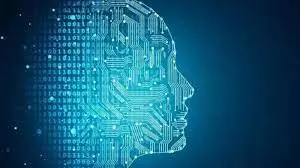
Humans may not taste death anymore, scientist claims nanorobots could help
text_fieldsFormer Google scientist Ray Kurzweil says humans will achieve immortality with the help of nanorobots within the next seven years. Kurzweil, a respected futurist with a track record of accurate predictions, made this claim in a two-part YouTube video interview where he discussed advancements in genetics, robotics, and nanotechnology.
In his 2005 book 'The Singularity Is Near', Kurzweil predicted that technology would enable humans to enjoy eternal life by 2030.
He believes that nanobots, which are currently used in research for DNA probes, cell imaging materials, and cell-specific delivery vehicles, will soon be running through our veins, helping to combat ageing and disease, and repairing our bodies on a cellular level.
expansions seen in the field of genetics, robotics, and nanotechnology "we'll soon have nanobots running through our veins". Nanobots are tiny robots, 50-100 nm wide, currently used in research as DNA probes, cell imaging materials, and cell-specific delivery vehicles.
Kurzweil believes that nanorobots will also help fend off ageing and illness and repair human bodies on a cellular level. He also claims that such nanotechnology will allow people to eat whatever they want while staying thin and energised.
"Nanobots in the digestive tract and bloodstream will intelligently extract the precise nutrients we need, call for needed additional nutrients and supplements through our personal wireless local area network, and send the rest of the food we eat on its way to being passed through for elimination," Kurzweil suggested in a 2003 blog post.
Previously, he correctly predicted in 1990 that a computer would beat humans in chess by 2000, with the growth of the Internet and the shift to more wireless technology.
With IANS Input























